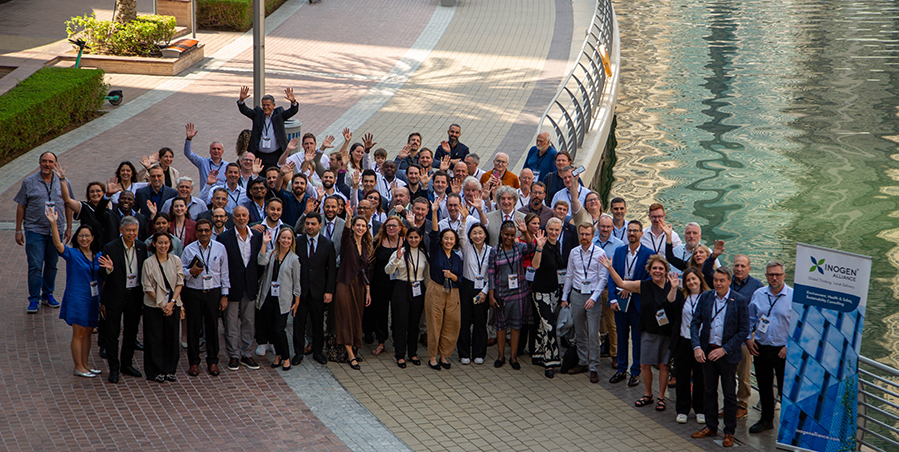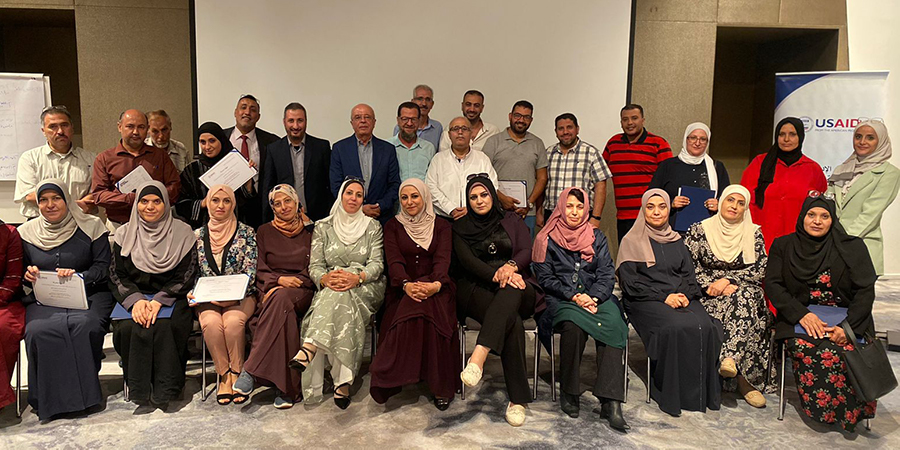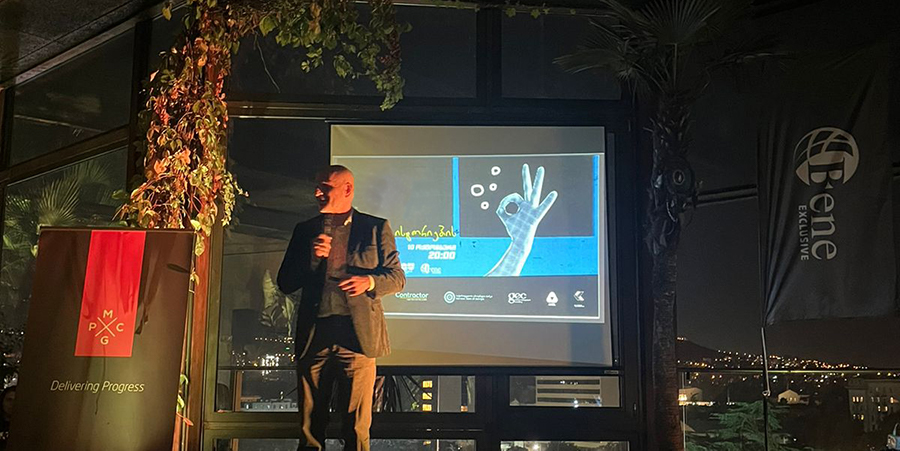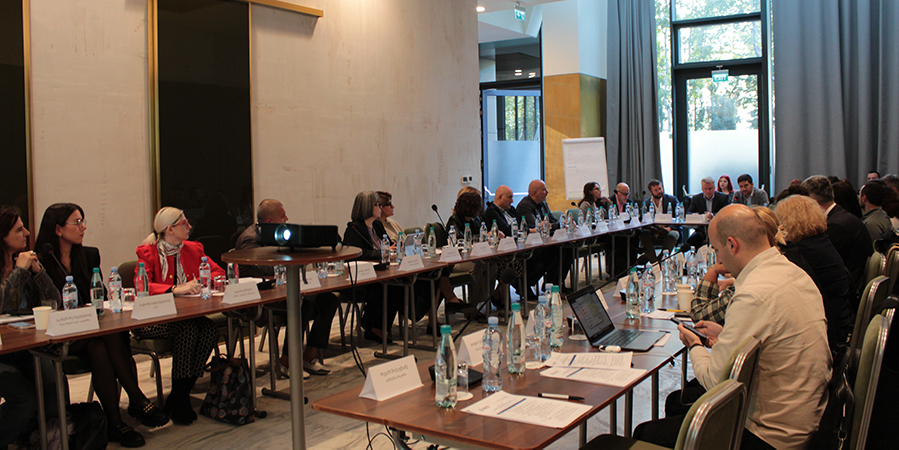PMCG’s CEO Discusses Economic Diversification on IMF Panel
On November 18, PMCG’s CEO and Chairman Aleksi Aleksishvili was among three speakers at the International Monetary Fund’s (IMF) virtual panel entitled “Transforming Industries for Growth in a Fragmented World.” His fellow panelists were Chris Papageorgiou (Advisor and Mission Chief for Bangladesh, Asia and Pacific, the IMF) and Daouda Sembene (Founder and CEO of AfriCatalyst, a global development advisory firm based in Senegal) at an event moderated by Bloomberg’s Lisa Abramowicz.
The panel focused on the issues raised in the IMF’s recently published departmental paper “Economic Diversification in Developing Countries: Lessons from Country Experiences with Broad-based and Industrial Policies.” In particular, its key topics included the importance of economic diversification, the role of both broad-based and industrial policies in supporting this process, and the critical factors for successful implementation, such as governance, infrastructure and human capital. Specifically, the paper picks out successful case studies from Costa Rica, Gabon, India, Senegal, and Vietnam, as well as Georgia.
Sharing Georgia’s Successful Reform Experience
During the panel, Aleksishvili outlined how economic diversification had contributed to Georgia’s shift from centralization toward a market-based economy, stating: “Georgia’s experience can be effectively applied to other countries, and this is exactly what PMCG does—provide policy advisory, institutional development reform, and technical expertise and guidance to address issues related to business-enabling environments, horizontal diversification, and trade policy and development.”
Furthermore, he underlined the significant achievements made by Georgia in diversifying its export sector, with service exports emerging as the dominant force driving the country’s economy. In addition, he highlighted the significant institutional obstacles to be overcome for reforms to succeed, and emphasized the various horizontal and vertical policy approaches implemented by Georgia to foster greater economic diversification. He also suggested ways in which such success could be replicated in emerging market and developing economies (EMDEs).
Perspectives on Economic Diversification from Africa and Asia
Elsewhere, Papageorgiou explained that economic diversification means broadening a nation’s economic base to reduce reliance on a few sectors, thereby enhancing resilience against global shocks. He noted how regions like Southeast Asia are facing challenges in moving into high-value sectors due to skills gaps and infrastructure issues but can still benefit from global trade, despite increasing automation and geopolitical tensions. He also discussed the resurgence of industrial policies, emphasizing the opportunities and challenges presented by “de-globalization” and “near-shoring.”
Meanwhile, Sembene emphasized the role of economic diversification in poverty reduction and job creation in Africa, particularly through initiatives like those championed by AfriCatalyst. Drawing from Senegal’s experience, he highlighted how public-private partnerships were instrumental in fostering a conducive environment for diversification. He also underscored the need for African nations to learn from past industrial policies, advocating for strategic approaches to prevent repetition of past mistakes and drive sustainable growth.





